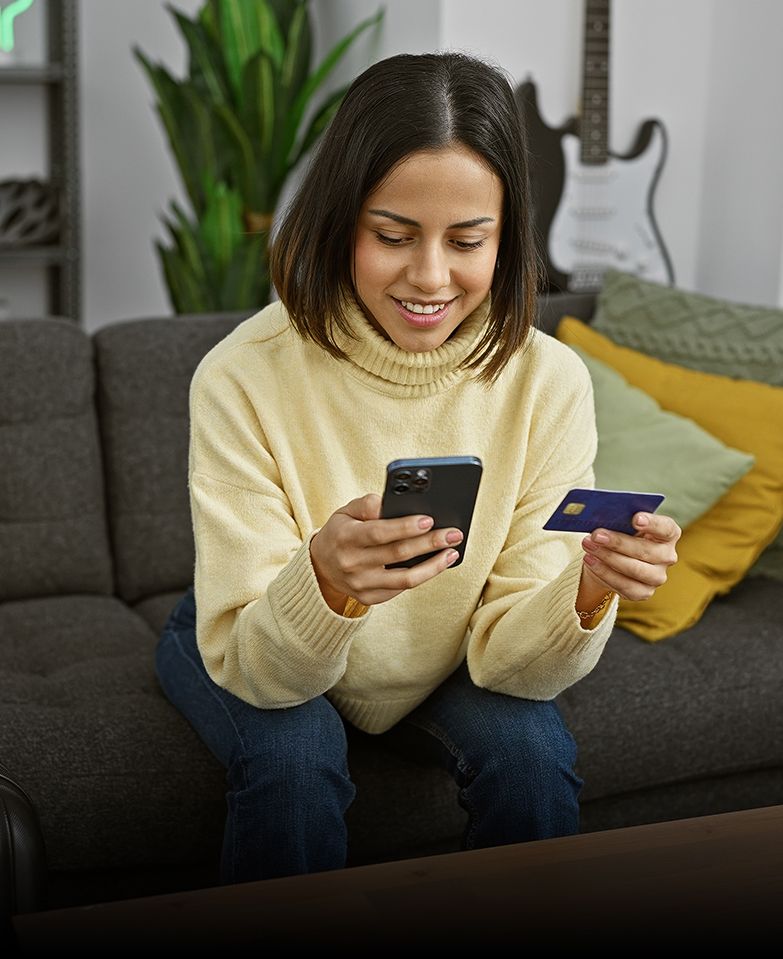
Debit Card Unauthorised Charges: How to Dispute
Generally, a standard debit card is issued for free and has minimal maintenance charges. However, to make special transactions, they may charge you additionally. At times, you may be charged for a reason which you are not aware of or due to some anomaly at the issuers end. They may be unauthorised or come across as such, depending on your awareness of various bank charges or fees. In such cases, you should file a dispute with your bank for unauthorised debit card charges to ensure a clear understanding and avoid paying additional charges.
In this article, we shall examine what counts as an unauthorised debit card charge, how to file a complaint against it, and the process of their investigation to support a speedy resolution.
Types of debit card charges
Before you flag an unauthorised debit card charge, you must know that most debit card providers tend to deduct some fees for certain transactions. Some common charges are:
- Retail purchases: For transactions made at physical or online stores, typically for contactless payments.
- ATM withdrawals: Withdrawing cash from ATMs after certain monthly limits.
- Service fees: Includes charges for additional services like overdrafts and regular ones like account maintenance.
How to identify debit card unauthorised charges
Discerning an unauthorised charge from a legitimate one requires vigilance. For one, you have to keep an eye on your bank notifications and bank statements for any unfamiliar transactions. While doing so, here’s how you can spot a discrepancy:
- Double charges: Look for duplicate fees for a single transaction. They typically show up back-to-back and have the same deduction.
- Frequent charges: Watch out for small, recurring charges that can add up over time. These may go unnoticed but can indicate unauthorised activity.
- Unusual activity: Identify purchases made from an unfamiliar merchant or website.
How to file disputes in case of unauthorised debit card charges?
If you have discovered an unauthorised charge or are not sure about the amount charged for a particular transaction, feel free to raise a dispute with your debit card provider. Although the exact steps would vary based on the bank, in general, they would be as follows:
- Contact your bank immediately: When you spot an unauthorised charge, call your bank’s customer service or report it on their online portal or mobile app. You should also provide details like transaction number, date/time, amount, etc.
- Block your card: Depending on the severity of your suspicion, you can temporarily block your card.
- Gather evidence: As the bank starts its investigation, you can collect any relevant documents, receipts, or emails concerning your claim to support the investigation.
- Submit dispute form: Most banks require you to submit a formal complaint via a dispute form - whether online or offline.
- Follow up: Stay on top of the dispute’s progress by staying in touch with your bank and reminding them regularly in case of delays.
How do banks investigate disputes on debit cards?
Once you file a dispute, it falls on the bank to do the due diligence and in-depth investigation to resolve it. Familiarising yourself with a typical debit card dispute investigation can help you keep calm and extend support to expedite the process.
- Initial review: The bank first reviews if the charges were really deducted or if there is a misunderstanding or signs of fraud.
- Temporary credit: Depending upon the situation, some banks may issue provisional credit to your account while they investigate.
- Investigation: The bank then cross-checks/examines transaction details like logs, merchant credentials, amount moved, etc., to determine the fault.
Ideally, the investigation should reveal the truth behind the unauthorised charges – whether it was a mistake or was legitimate. Accordingly, either issue a refund or provide an explanation.
Endnote
While using and managing a debit card is safe and smooth, sometimes a discrepancy may occur. You should approach it proactively but with an open mind to understand the situation and coordinate with the bank officials to resolve it right away. The efficiency of resolving such debit card disputes also depends on the bank as well, hence you should partner up with those with great track records like Kotak 811. 811 Debit Card is one of the safest and most straightforward to use, track, and also handles any disputes.
FAQs
1. Can you raise a dispute on a debit card?
Yes, you can raise a dispute on a debit card for unauthorised or incorrect charges. However, most banks allow to lodge complaints only on transactions within the last 60 days.
2. How long do debit card disputes take?
It would depend on your card provider and the complexity of the case. Still, typically, debit card disputes are resolved within 30-90 days.
3. Can a bank deny a debit card dispute?
Yes, a bank can deny a debit card dispute if the transaction is deemed valid or if evidence is insufficient.
Popular Searches on Kotak811
Zero Balance Account Opening Online | Super Savings Account | 811 Super Fees and Charges | Lifetime Free Credit Card | Apply for PVR INOX Debit Card | Apply for Image Debit Card | ActivMoney Savings Account | Apply for Online Savings Account | Savings Account Fees and Charges | Apply for Current Account Online | Check Your CIBIL Score | Activate Dormant Account Online | Open Instant Digital Savings Account | Apply for Instant Personal Loan Online | Complete Guide on Fixed Deposit (FD) | Visa Debit Card | Mobile Banking App | Best Savings Account | Personal Loan for Education | Personal Loan For Marriage | Personal Loan For Medical Emergency | Personal Loan For Travel | Unsecured Personal Loans | Complete Guide on Fixed Deposit (FD) | How To Unfreeze Bank Account | Metal Card India | How Much Loan Can I Get On 60000 Salary
This Article is for information purposes only. The views expressed in this Article do not necessarily constitute the views of Kotak Mahindra Bank Ltd. (“Bank”) or its employees. Bank makes no warranty of any kind with respect to the completeness or accuracy of the material and articles contained in this Newsletter. The information contained in this Article is sourced from empanelled external experts for the benefit of the customers and it does not constitute legal advice from Kotak. Kotak, its directors, employees, and contributors shall not be responsible or liable for any damage or loss resulting from or arising due to reliance on or use of any information contained herein.
Share



